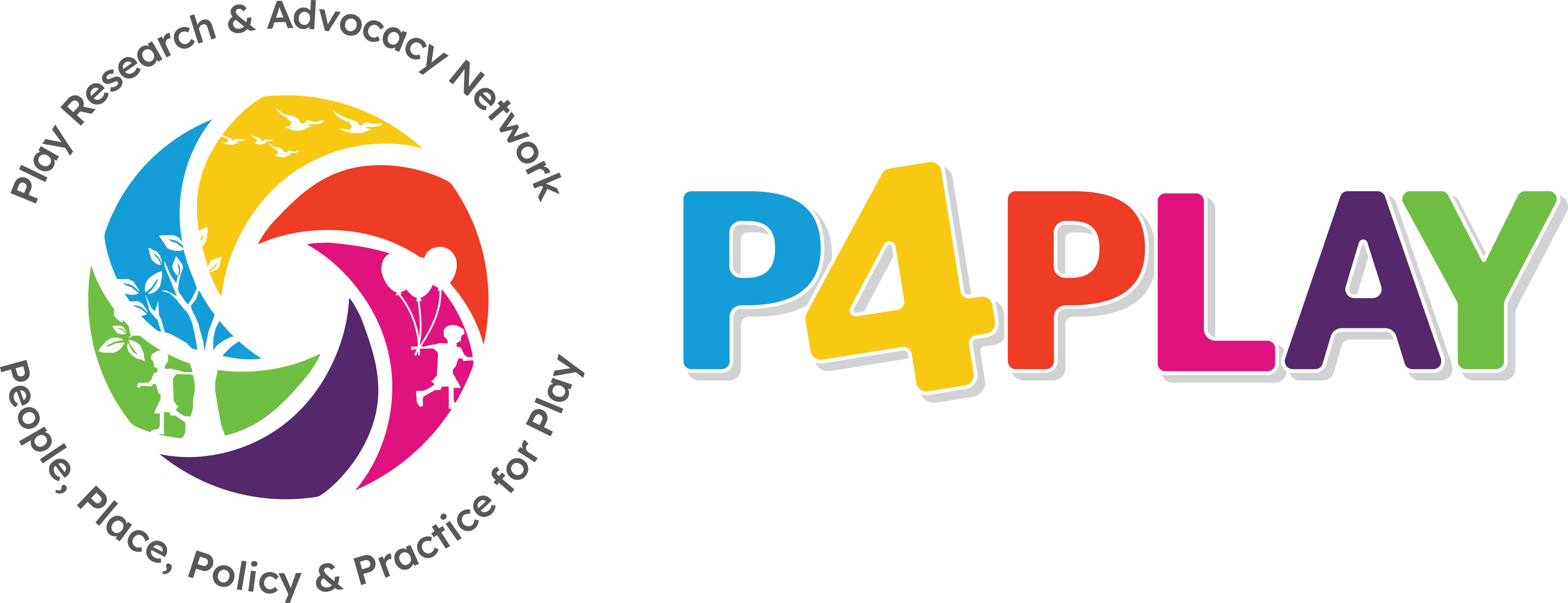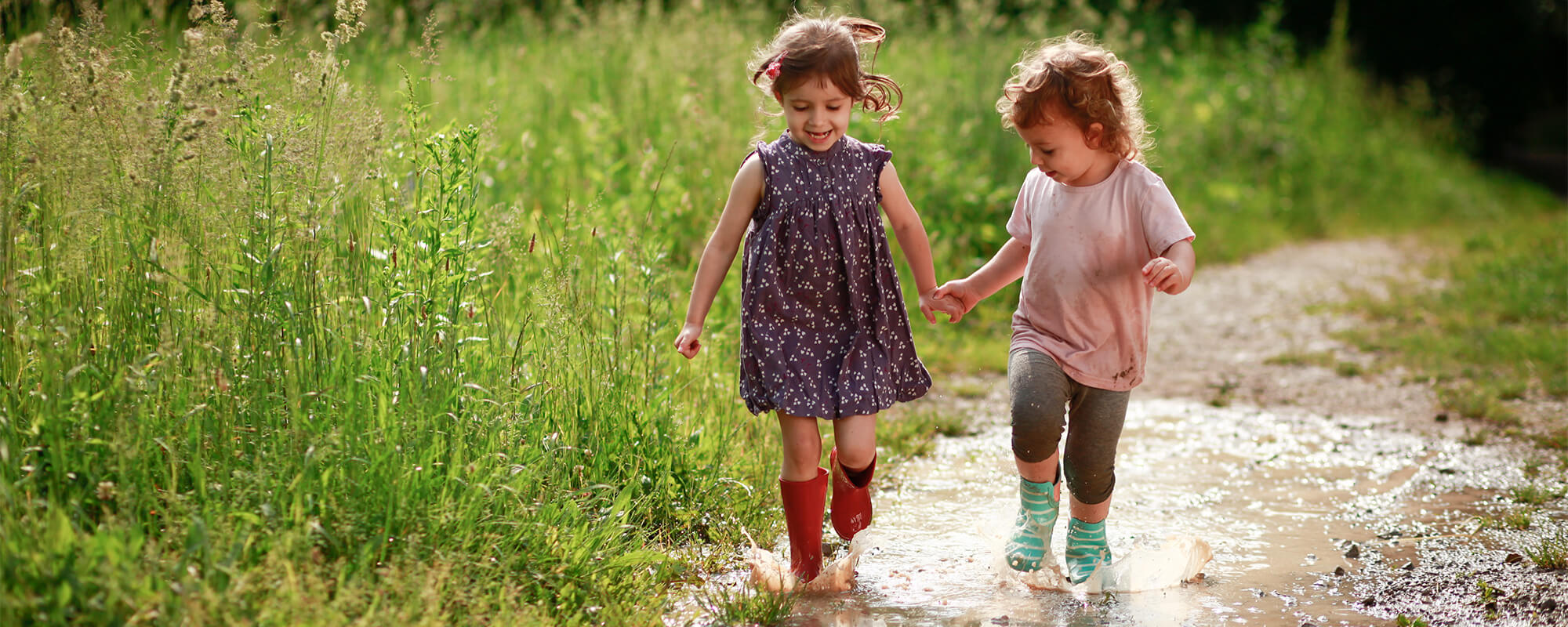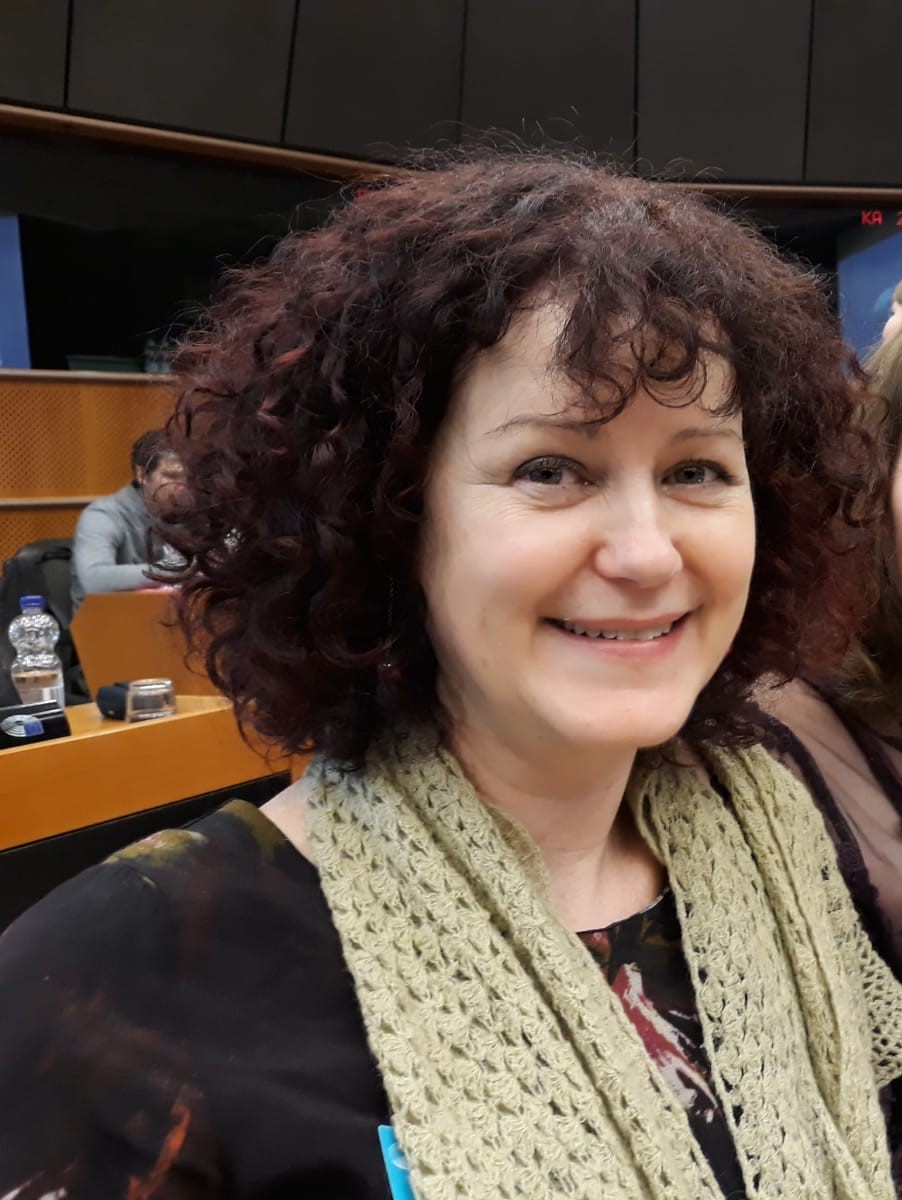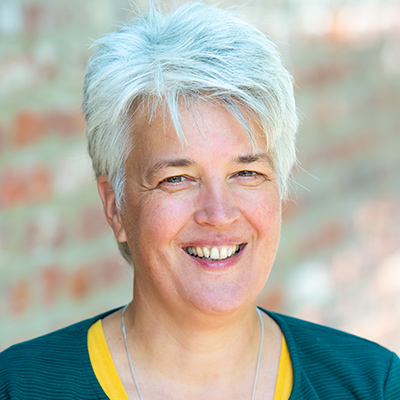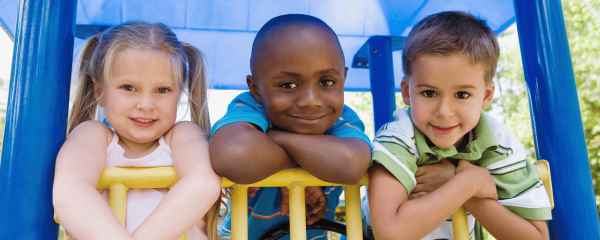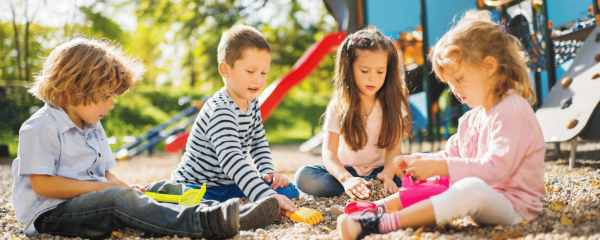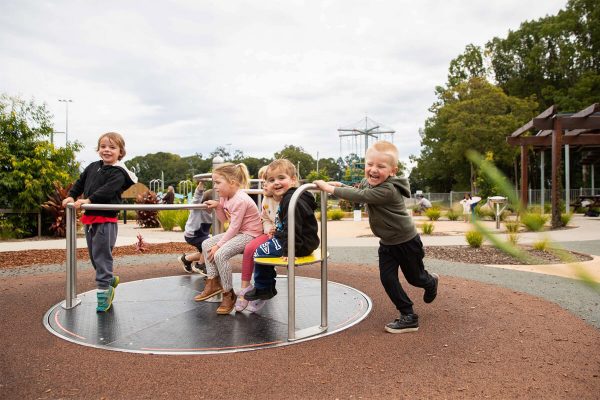Objectives:
- To determine usable, applicable, valid, and reliable playspace audit assessments
- To evaluate the cross-regional validity of a playspace audit assessment in Ireland and Switzerland,
PhD award:
Joint degree at University College Cork (UCC) and Queen Margaret University, Edinburgh (QMU) in lieu of Zurich University of Applied Sciences (ZHAW) – candidate will be registered in ZHAW, Switzerland and in UCC Cork
Background rationale:
Children acquire life skills through playing outside in their communities, such as sharing, caring for one another, and asking for help. For children with disabilities, who are prone to isolation, social play outdoors is an important way for creating bonds with other children. Outdoor play also has a significant role in children’s general health and well-being: access to nature strongly impacts on physical, social, and mental health of children, especially when they are allowed to play freely. Practitioners such as early educators have developed new ways to enhance outdoor play using ‘loose parts’, reframing risk in play, and creating green schoolyards, among other initiatives. So, the study of outdoor places and socio-spatial inclusion is an emerging area of study underpinned by the influence of outdoor play on a healthy childhood. However, studies have found that certain children are experiencing play deprivation more than others, with some children particularly at risk due to social disadvantage, poverty, disability, migration, and gender (girls) (UNCRC, GC no. 17). There is a need to conduct research which aims to improve play provision and diminish play deprivation by implementing innovative evidence-informed solutions in school and community contexts
Expected results:
- Environmental characteristics of the built and natural environment will be examined and expected results will include the identification of features that contribute to successful play. This will inform the development of a playspace audit tool to analyse characteristics of playability in places where children play.
- Playspaces will be analysed using these pilot tools, to identify what types of play children favour and master, what are the play activities available to them, with whom do they play and how does the environment prevent or enable children’s play,
- By piloting the audit tool, results will be identified relating to different physical contexts with diverse geographical characteristics including climate. Modern test theory will be applied to play assessments, and outcomes will include the development of evidence to inform good design for play provision
